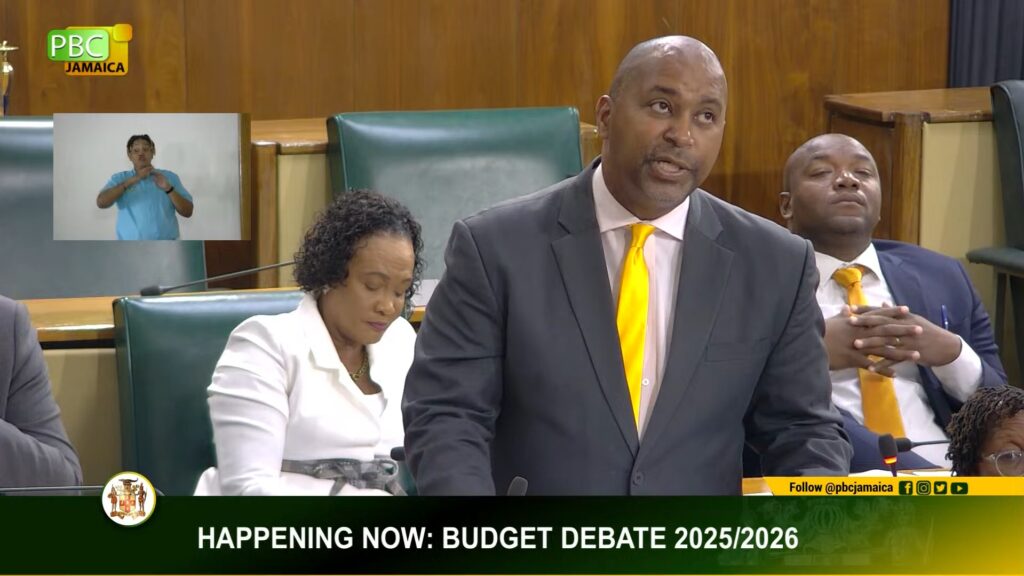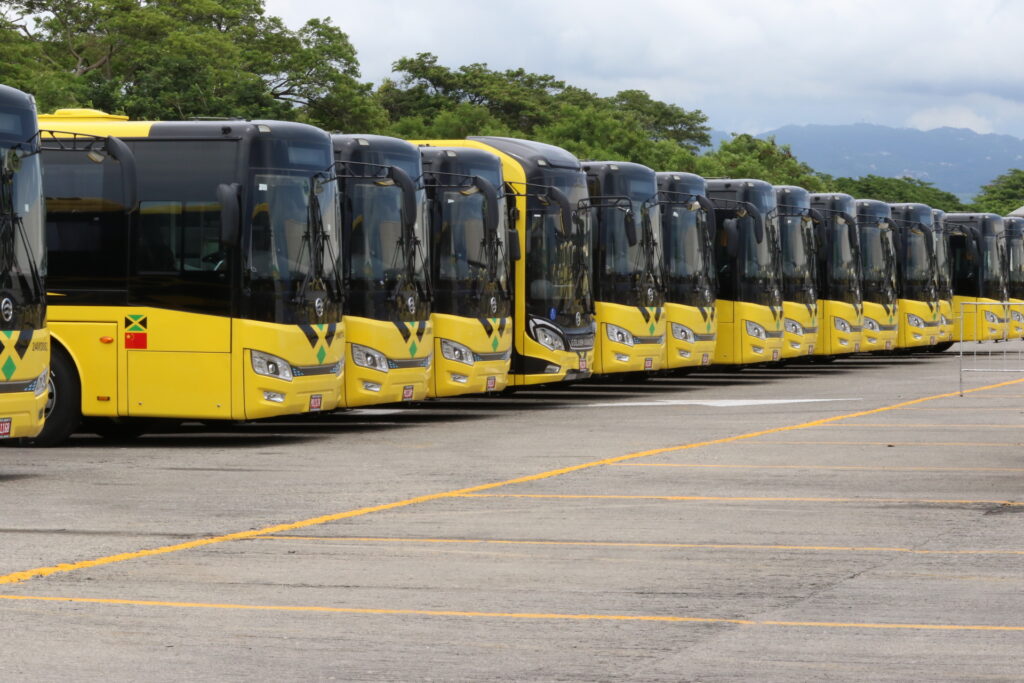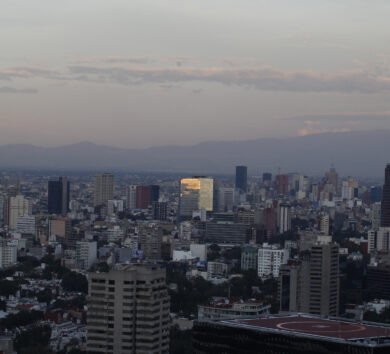

Durrant Pate/Contributor
The People’s National Party (PNP), through shadow finance minister Julian Robinson, has outlined targeted policies for improving the cost of living in Jamaica while slamming the incumbent administration for doing a poor job to date.
Making his contribution to the 2025-26 Budget Debate in Parliament on March 13, Robinson said the PNP’s policies to address the cost of living crisis, “is a three-tiered approach, tackling the issue in the short term, medium term, and long term to provide immediate relief, ensure economic reform, and drive sustainable growth”.
“In the short term, to address the cost of living, we are proposing targeted policies that cater to different demographics, ensuring support for a broad cross-section of society, young people, parents with children and elderly citizens,” he explained.
For the youth, the PNP proposes adjusting the Student Loan Bureau (SLB) payment terms, easing the financial burden on young Jamaicans as they transition from education to employment.

To achieve this, the party plans to extend the post-graduation moratorium on student loan repayments by an additional six months, giving graduates more time to secure stable employment before their repayment obligations begin
In addition, the PNP plans to introduce a structured system allowing borrowers to renegotiate their repayment terms based on their income. Once borrowers are making payments under these adjusted terms, the party will remove their delinquency status.
Such a measure, the opposition spokesman argued, is critical reform that will ensure that young professionals are not unfairly penalised on their credit scores, which would otherwise hinder their ability to access car loans, mortgages or other essential financial services.
This will be done by introducing the Ensuring Adequate Sustenance for Education (EASE) Programme, which will help Jamaican families with the daily cost of sending their children to school, ensuring that no child has to learn on an empty stomach.
The PNP finance spokesman explained, “the EASE Programme will guarantee that every needy student from primary to secondary school receives one nutritious meal per day at school with a long-term plan to expand to include breakfast as well.”

According to him, this is a solution that will put money back in the pockets of parents who are already struggling with the rising cost of living, noting that with this initiative, parents will no longer have to worry about finding lunch money every morning.”
Robinson said that extra money can now go towards food at home, bills, and other critical household expenses, highlighting that while students on the PATH programme already receive meals in schools, this initiative is aimed at many who don’t qualify.
Another plan is for Jamaicans aged 65 and older to benefit from a flat rate water rate. To determine this rate, Robinson said a special committee will be established to assess and set a fair and sustainable fixed amount, using historical consumption patterns as a basis.
He was quick to point out that this policy will be designed in a way that avoids moral hazard—that is, it will prevent situations where consumers, knowing their bill is capped, might engage in excessive or wasteful water usage. The PNP spokesman made the point that the system will be structured in a way that still promotes responsible consumption.
Turning to the current state of the public bus company, the Jamaica Urban Transit Company (JUTC), Robinson decried the underinvestment in public transportation, which is hurting real people every single day, adding commuters wait for hours at bus stops, uncertain whether a bus will come, forcing them to be late for work and school.
He said when the PNP left office in 2016, the JUTC was carrying approximately 62 million passengers per year but “Today, nine years later, the company is projected to have carried just 19 million in FY2024/25—a massive decline that reflects the lack of investment and planning in our public transportation system.”

Continuing, Robinson contended that after “Eight years in office, this Government moved to procure 100 new buses. Now in their ninth year, they have told us that they will procure another 100 buses. They allowed the fleet of buses to run down, and now that they have just procured replacements, they are victory dancing and cartwheeling. This is completely unacceptable.”
He gave the PNP’s commitment to restore JUTC to its peak 2016 levels.







Comments